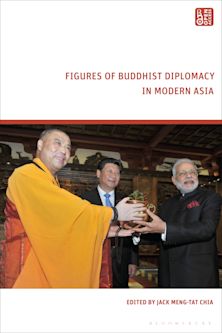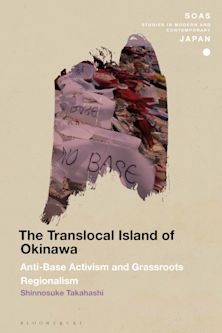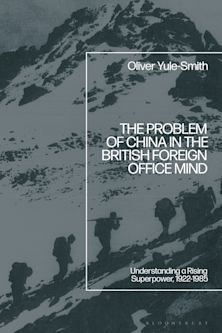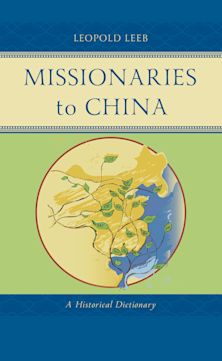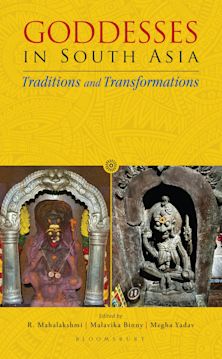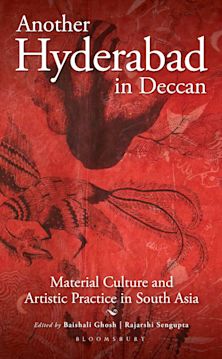Poisoning the Pacific
The US Military's Secret Dumping of Plutonium, Chemical Weapons, and Agent Orange
Poisoning the Pacific
The US Military's Secret Dumping of Plutonium, Chemical Weapons, and Agent Orange
This product is usually dispatched within 3 days
- Delivery and returns info
-
Free CA delivery on orders $40 or over
Description
In this devastating exposé, investigative journalist Jon Mitchell reveals the shocking toxic contamination of the Pacific Ocean and millions of victims by the US military.
For decades, US military operations have been contaminating the Pacific region with toxic substances, including plutonium, dioxin, and VX nerve agent. Hundreds of thousands of service members, their families, and residents have been exposed—but the United States has hidden the damage and refused to help victims.
After World War II, the United States granted immunity to Japanese military scientists in exchange for their data on biological weapons tests conducted in China; in the following years, nuclear detonations in the Pacific obliterated entire islands and exposed Americans, Marshallese, Chamorros, and Japanese fishing crews to radioactive fallout. At the same time, the United States experimented with biological weapons on Okinawa and stockpiled the island with nuclear and chemical munitions, causing numerous accidents. Meanwhile, the CIA orchestrated a campaign to introduce nuclear power to Japan—the folly of which became horrifyingly clear in the 2011 meltdowns in Fukushima Prefecture.
Caught in a geopolitical grey zone, US territories have been among the worst affected by military contamination, including Guam, Saipan, and Johnston Island, the final disposal site of apocalyptic volumes of chemical weapons and Agent Orange.
Accompanying this damage, US authorities have waged a campaign of cover-ups, lies, and attacks on the media, which the author has experienced firsthand in the form of military surveillance and attempts by the State Department to impede his work. Now, for the first time, this explosive book reveals the horrific extent of contamination in the Pacific and the lengths the Pentagon will go to conceal it.
Table of Contents
Foreword by John W. Dower
Introduction
1 Japanese Weapons of Mass Destruction and the US Cover-up
2 Nuclear Warfare in Japan and the Marshall Islands
3 Okinawa: “The Junk Heap of the Pacific”
4 Military Herbicides, Vietnam, and Okinawa
5 Polluting with Impunity
6 Okinawa: Paradise Lost
Timeline: Environmental Contamination and Accidents on Okinawa (1947–2019)
7 Japan: Contamination, Nuclear Deals, and the Fukushima Meltdowns
8 Toxic Territories: Guam, the Commonwealth of the Northern Mariana Islands, and Johnston Atoll
9 Toward Environmental Justice
Appendix: Contaminants
Notes
Bibliography
Acknowledgments
Index
About the Author
Product details
| Published | Apr 16 2024 |
|---|---|
| Format | Paperback |
| Edition | 1st |
| Extent | 316 |
| ISBN | 9781538189290 |
| Imprint | Rowman & Littlefield |
| Illustrations | 25 b/w photos; 3 maps; 2 tables |
| Dimensions | 229 x 152 mm |
| Series | Asia/Pacific/Perspectives |
| Publisher | Bloomsbury Publishing |
Reviews

ONLINE RESOURCES
Bloomsbury Collections
This book is available on Bloomsbury Collections where your library has access.













